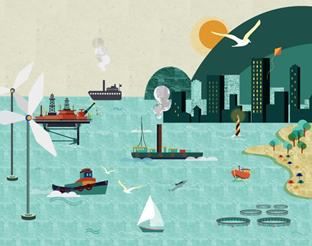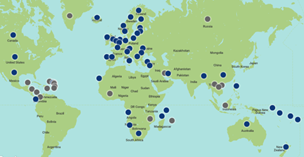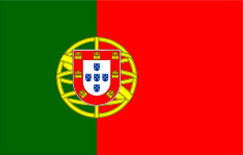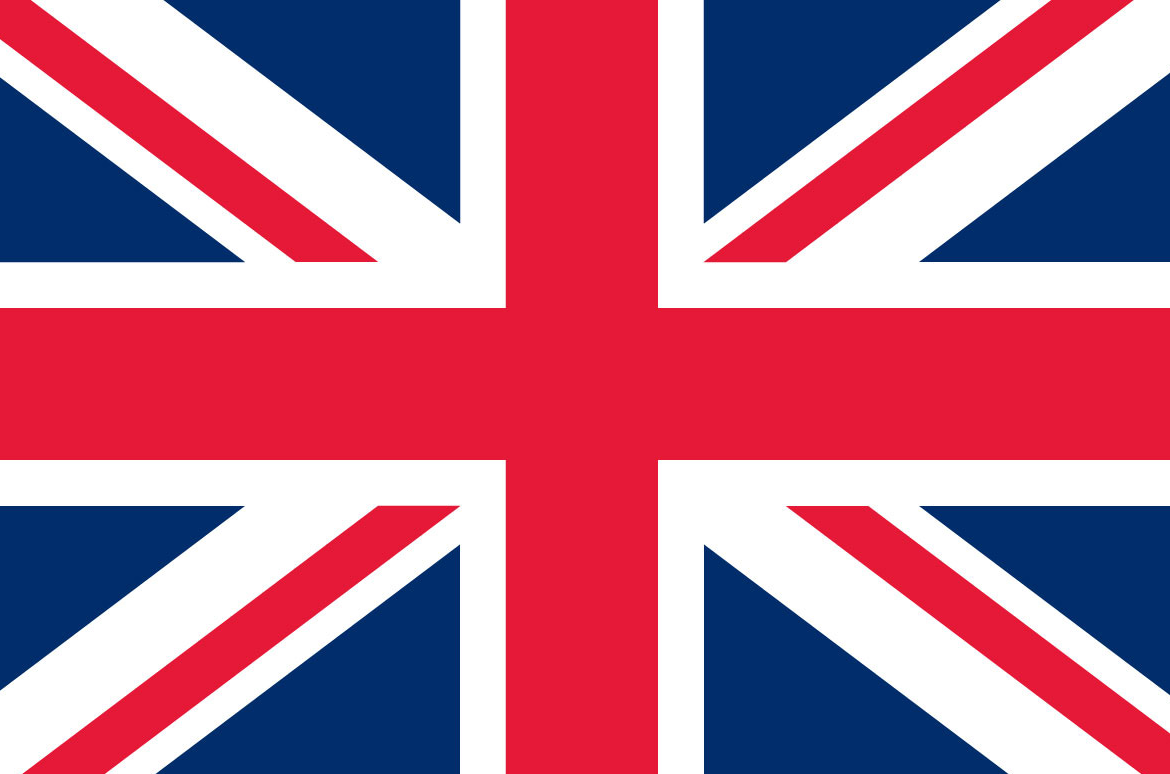Maritime Spatial Planning
The planning of the national maritime space aims to manage the human activities that occur in the Portuguese sea, both in spatial and temporal terms, with a view to minimizing conflicts, compatibility between activities and uses, and sustainable use marine resources and services
Maritime Spatial Planning
Breadcrumbs
- Planning and Sustainability
- Maritime Spatial Planning

 |
The ordering of activities that take place at sea is now a world priority and several countries are concerned with the organization of maritime spaces under their jurisdiction.
In Portugal, the concern with the defense of maritime areas with a view to the common good is old. On December 31, 1864, in the reign of D. Luís, the margins of maritime, fluvial and lake waters navigable or floating, were integrated into the public domain of the State. This can be considered as the first step towards ordering, or at least, to discipline the use of activities that occurred in maritime areas under Portuguese jurisdiction.
According to the Basic Law for the Ordering and Management of the National Maritime Space, the Ordering of the National Maritime Space will be done through the preparation of the Situation Plan. Thus, the Situation Plan will be an instrument of economic, social and environmental development, spatial management, legal consolidation and geopolitical affirmation of Portugal in the Atlantic basin and is being prepared jointly by DGRM, by the Central Government, by DROTA (Regional Directorate for Territorial Planning and Environment - Regional Government of Madeira) and DRAM (Regional Directorate for Sea Affairs - Regional Government of the Azores).



